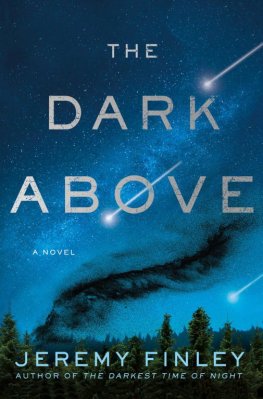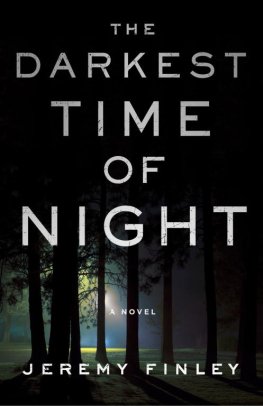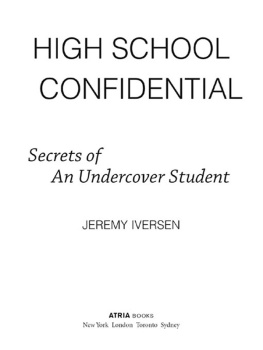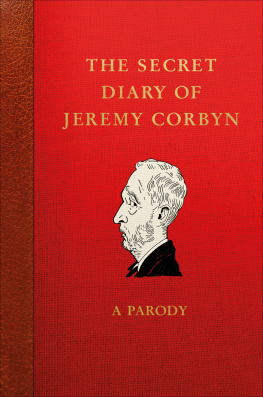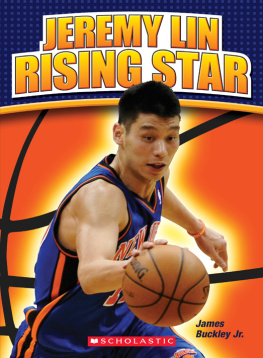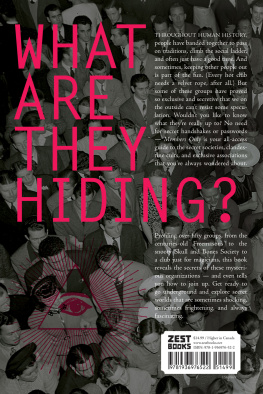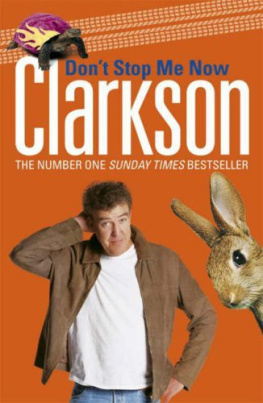
Danny Tobey
The Faculty Club
2010
Some rise by sin, and some by virtue fall.
MEASURE FOR MEASURE, ACT 2, SCENE 1
I remember my mothers reaction when I got accepted to the greatest law school in the world. She dropped the stack of mail in her hand, said, Baby, and started crying. My dads reaction was harder to place. He just said, Oh. Not an indifferent, uninterested Oh, and not a surprised Oh either. This Oh was quiet, a little puzzled, and maybe even a little sad-a recognition that, in less than a second, the possibilities of my life had just radically shifted from those of his own.
We live in a small town in Texas called Lamar. My father is a schoolteacher, loved by his students and popular in the community, yet the years of hard work have worn him down, and by the time I reached high school, hed settled into the strange conviction that he was meaningless in the universe. This terrified me. Death didnt scare me. Risk didnt scare me. But my fathers dissatisfaction-in the face of a good life, a loving family, a meaningful job-that left me lost.
The greatest law school in the world. That doesnt really describe it at all. Its more of a black box with an almost comically small sign, a stone building that turns out presidents, diplomats, CEOs, senators, you name it. The class size is tiny; more people apply per spot than for any other position in the world. There are no tours, no interviews, no brochures. Its not even clear if they actually teach any law. Its a well-known joke that graduates dont know anything, yet somehow they become the most accomplished and powerful people in the world.
I come from a small town in Texas. I dont know anyone famous. I went to a college youve never heard of and live in my parents basement. But I worked like crazy, graduated first in my class, got a perfect score on the LSAT, and published in a law journal before I was twenty. Was I thrilled to get in? Absolutely. Was I surprised? Maybe I was. Did I deserve it? You bet your ass.
The greatest law school in the world.
That sounded like a pretty good deal to me.
The first time I saw my home for the next three years, it was a crisp morning and there were deep pools of fog between the hills spotted with stone towers and yellow trees, cemeteries and playgrounds. It seemed like you could roll down those hills into a dream and never come out. I was lost in this sudden rush of New Englandness, until the sun came out and burned up all the fog, and then it was a bright September day.
On the way to my first class, I stopped to watch a group of tourists gathered around a statue. Some were Japanese; one couple was speaking Italian. Most were American families on college tours. The high school kids were only a few years younger than I was, but somehow they looked innocent, naive to me.
As you can see from the plaque, this is a statue of our universitys founder, said the tour guide, a bubbly, red-cheeked student who came off like a game show host in training. We like to say that this statue tells three lies. First, our founder was unfortunately not this handsome. He hired a young philosophy student to pose in his place. People in the crowd turned to smile and chuckle at their loved ones. The second lie is the date. Here, it says 1647. But our university was actually founded in 1641. No one knows why the wrong date was engraved here
I looked at my watch. Class in five minutes. I had to run before I could hear the third lie.
My first class was called Justice. It was taught by perhaps the most famous professor at the school, a man named Ernesto Bernini. Professor Bernini wrote the book on the philosophy of law. He was also the former attorney general of the United States.
The classroom itself was a work of art. The lower walls were paneled in dark cherrywood, while the high walls and ceilings were light cream, covered by portraits of past deans and a full wall of stained glass windows, each one coming to life as the sun moved behind it. I sat up near the top; the rows of chairs sloped down in a half-circle to a single lectern at the heart of the room.
I took a seat and watched the room fill with students. There was an electric buzz of excitement, a hundred rapid conversations I couldnt make out. Some students looked like they came from New England prep schools, with ruffled hair and blazers, crisp blouses and smart pants; I saw hipsters with spiky hair and iPods, straight from NYU or Columbia; still others came from Big Ten schools in the Midwest, wearing khakis and button-down plaid shirts, sweats and baseball caps. Everyone seemed better looking than average, with an easy charm that filled the room. And it occurred to me that I knew nothing about these people: the hipster might be from Kansas; the blazered, spectacled prep-schooler might actually be a public-school kid from Oklahoma. This was a place of reinvention. At this school, at this moment, whatever we decided to be was possible.
A young black man in a coat and tie sat down next to me. Nigel, he said, offering me his hand. I was surprised to hear a British accent. He was crisp and curt, but he had a wry, mischievous smile.
Jeremy, I said. He grinned, then turned to open his laptop.
I didnt see Professor Bernini walk to the podium. I just heard his quiet throat-clearing, and the room fell silent.
His sprightly eyes moved over the crowd.
Each year, he said, in a soft, singsong voice, I come here to greet the new students. He was a small man, but he radiated power-from his eyes, from his hands, the casual way they draped over the lectern. Each year, I get older, and you remain young, vital, and curious. He had a twinkle in his eyes that reminded me of an elf, something from A Midsummer Nights Dream.
The study of law is a lifes pursuit. This is not physics or math, where you are over-the-hill at thirty. Law is reason, but it is also experience and wisdom, and so law is time. He paused to lay a creased, spotted hand across his brow. Good news for little old men. The class laughed as he gently shook his head.
I realized then how frail he looked, how his spine bent forward and his skin was paper-thin. But his eyes were alive and shining. He consulted his seating chart, tapped his finger on it, then walked to the front row and looked down at a blond student.
Suppose, Mr. Anderson, you are kidnapped from your room this evening, drugged, and abducted. When you awaken, you find yourself in a mine cart that is hurtling down a track at tremendous speed. Ahead of you, you see five children playing on the rails. You call out, but they cant hear you over the roar of the cart. They are too close for you to stop in time. Bernini shook his head, feeling the weight of the situation. There is no question they will die.
The blond student met his eyes.
John Anderson, Nigel whispered into my ear. Rhodes scholar. Former president of the Harvard debate team.
The professor continued. Now suppose there is a lever you could pull that will change the direction of your cart, placing you on another track. This track has only one child playing on it. His eyes twinkled. What do you do?
John Anderson met his gaze confidently.
I would pull the lever, he said.
Why?
Because five deaths is worse than one death.
I see. But I wonder, Mr. Anderson, if your logic holds. Suppose you were in a hospital, and you had the chance to kill one patient to provide organs for five others? Would you do it?
Of course not.
The professor smiled politely. The trade-off hasnt changed. One life for five, yes? And yet your answer is now opposite?
But a hospital-youre supposed to protect people
Next page

